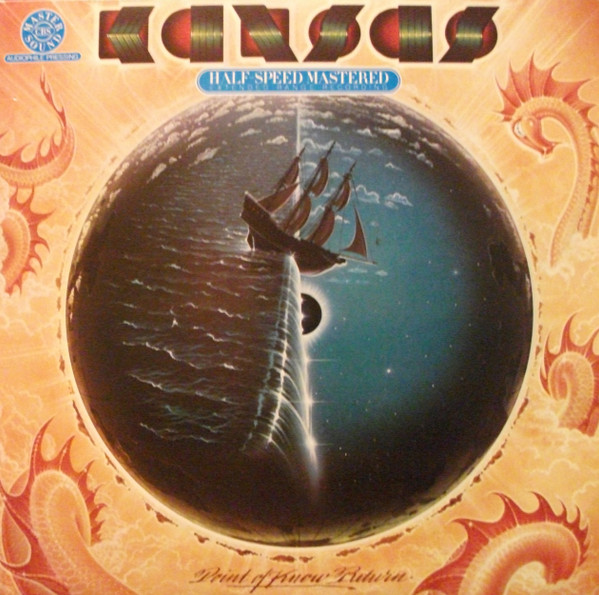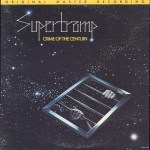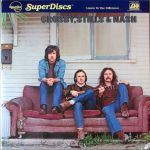Roots Rock LPs with Hot Stampers Available Now
In 2012 the “new” MoFi put out another remastered Big Pink. Since their track record at this point is, to be honest, abysmal, we have not felt the need to audition it.
It’s very possible, even likely, that they restored some of the bass that’s missing from so many of the originals.
But bad half-speed mastered bass — poorly defined, never deep and never punchy — is that the kind of bass that would even be desirable?
 To us, it is very much a problem. Bad bass is just plain annoying.
To us, it is very much a problem. Bad bass is just plain annoying.
Fortunately for all, it is a problem we have to deal with much less often now that we’ve all but stopped playing Half-Speed mastered records.
Here are some other records with exceptionally sloppy bass. If the bass on these records does not sound sloppy, you have your work cut out for you.
Some of our favorite records for testing bass definition can be found here.
Sucked Out Mids
The Doors first album was yet another obvious example of MoFi’s predilection for sucked-out mids. Scooping out the middle of the midrange has the effect of creating an artificial sense of depth where none belongs.
Play any original Bruce Botnick engineered album by Love or The Doors and you will notice immediately that the vocals are front and center.
The midrange suckout effect is easily reproducible in your very own listening room. Pull your speakers farther out into the room and farther apart and you can get that MoFi sound on every record you own. I’ve been hearing it in the various audiophile systems I’ve been exposed to for more than 40 years.
Nowadays I would place it under the general heading of My-Fi, not Hi-Fi. Our one goal for every tweak and upgrade we make is to increase the latter and reduce the former.
And note also that when you play your records too quietly, it results in an exaggerated, artificial sense of depth. That’s one of the main reasons we play them loud; we want to hear the pressings that have real presence and immediacy, because they’re the ones that are most likely to win our shootouts.
If you have any of our White Hot stampers you surely know what I’m talking about.
Further Reading

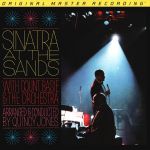


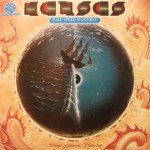 More of the Music of Kansas
More of the Music of Kansas